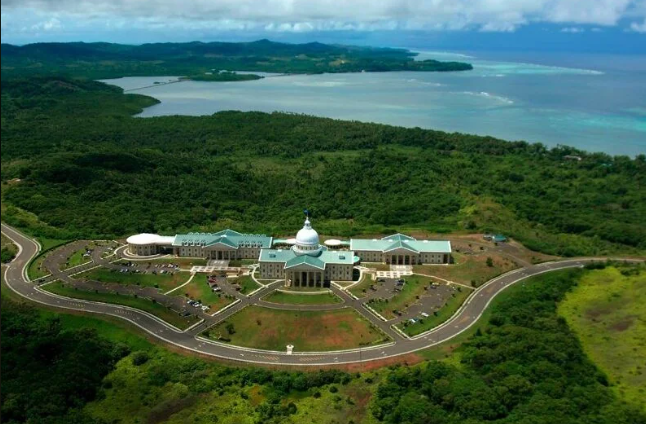
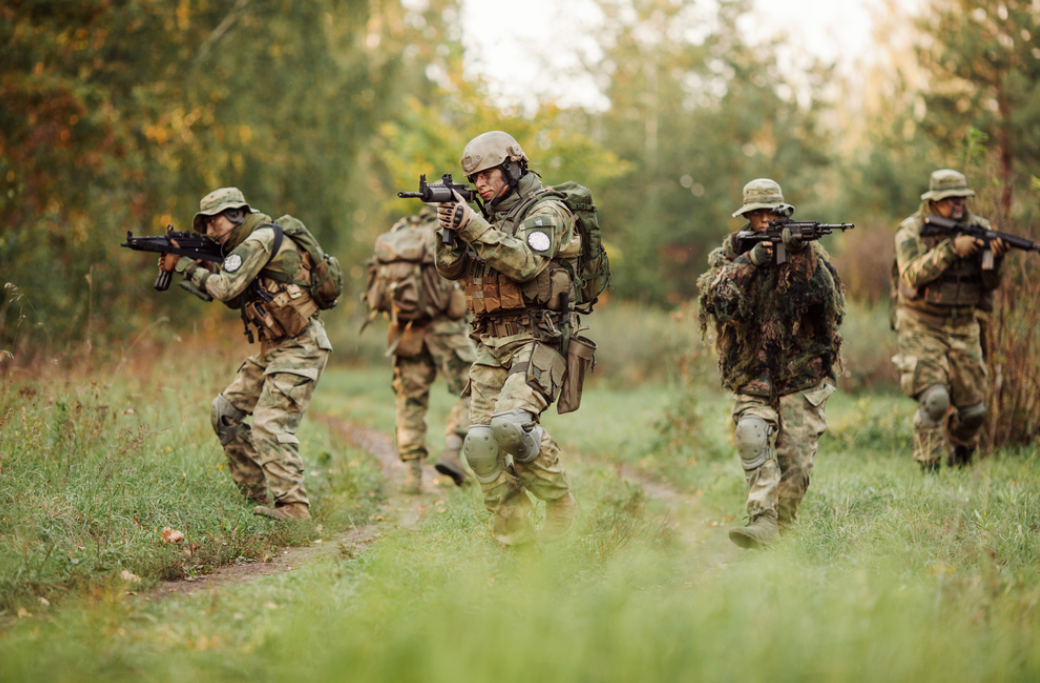
While many nations, like the United States, have built formidable military forces to safeguard their sovereignty, over 20 countries have taken an unconventional route by forgoing standing armed forces altogether.
These nations, often small in size or situated in peaceful regions, rely on strategic diplomacy and international alliances to ensure their security. Rather than pouring resources into military infrastructure, they redirect their energies towards more pressing needs such as education, healthcare, and infrastructure development, fostering growth and stability.
1. Vatican City
Vatican City, the world's smallest independent state, does not maintain its own military force. Instead, it relies on Italy for its protection, under the bilateral agreement established by the 1929 Lateran Treaty. This treaty formalises Italy’s commitment to safeguarding the Vatican's sovereignty and security.
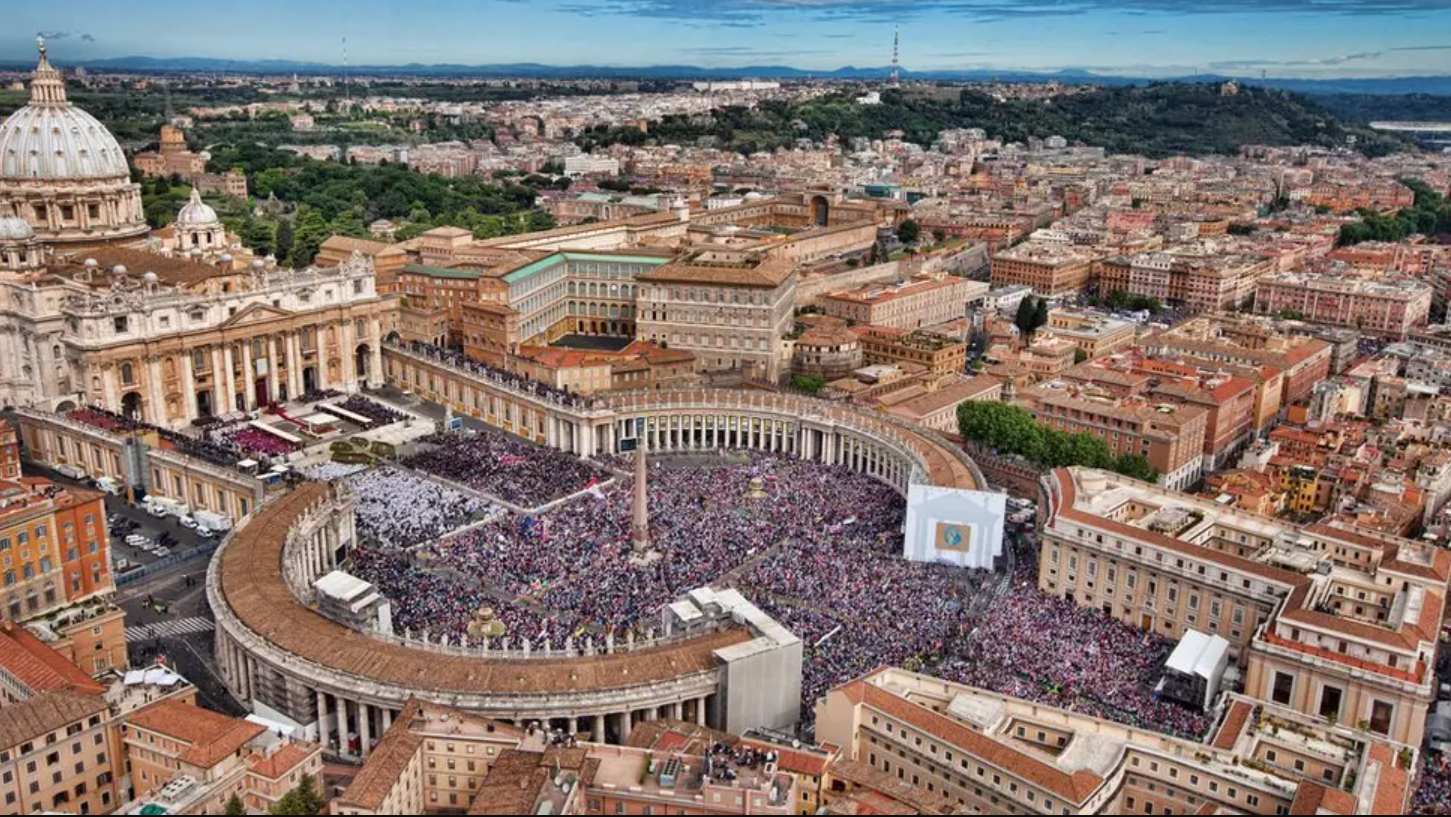
Within Vatican City, security is provided by the Swiss Guard, a ceremonial unit that has been tasked with protecting the Pope and the Apostolic Palace since its establishment in 1506. Though primarily symbolic, the Swiss Guard plays an essential role in maintaining the Vatican’s internal security, with their distinctive uniforms and historic duties adding to the unique character of the city-state’s security arrangement.
2. Iceland
Iceland, which gained independence in 1944, has no standing military, instead relying on NATO for defence support. Rather than a traditional army, Iceland maintains security through its civilian Icelandic Coast Guard, responsible for national security, search and rescue operations, and maritime patrols.
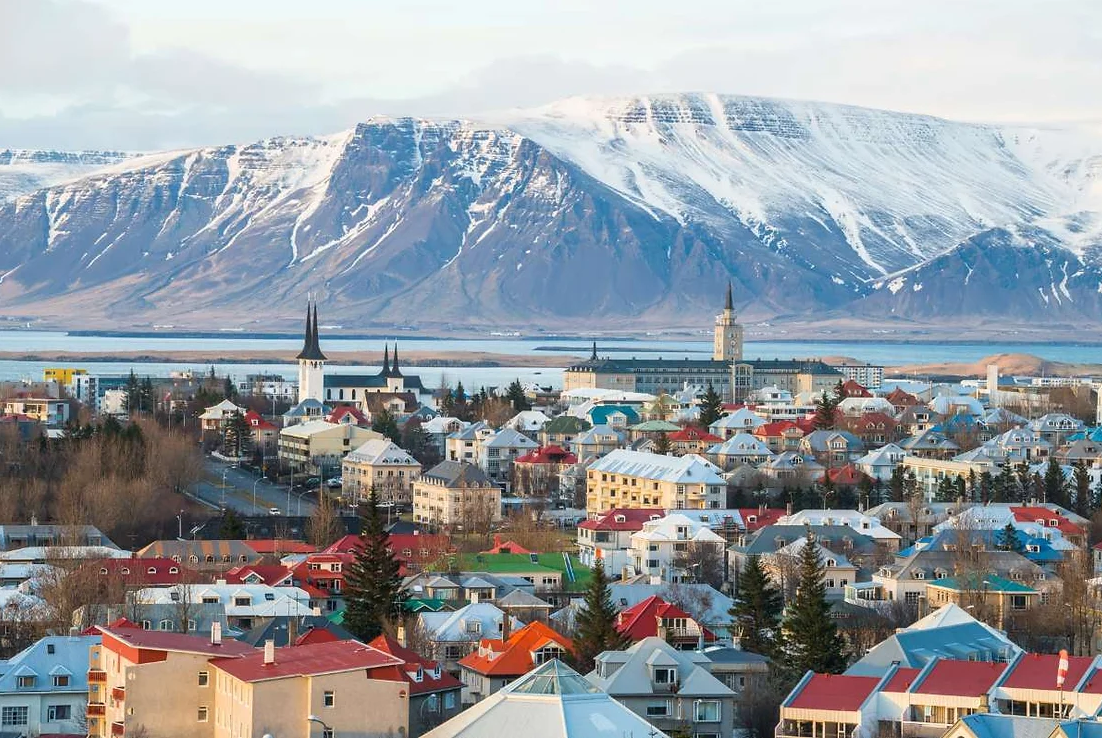
This decision reflects Iceland’s prioritisation of social welfare, peaceful diplomacy, and cooperative defence over militarisation. By focusing resources on environmental protection, healthcare, and social services, Iceland has shaped a national identity as one of the world’s most peaceful nations, committed to both domestic and environmental well-being.
3. Costa Rica
In 1948, Costa Rica made the transformative decision to abolish its military following a civil war, redirecting military funds toward education, healthcare, and social welfare. Championed by then-President José Figueres Ferrer, this choice was enshrined in the 1949 constitution, positioning Costa Rica as a country focused on peace, stability, and social progress. Without a standing army, Costa Rica depends on alliances, particularly with the United States, for defence, allowing it to maintain a non-military stance on the international stage.
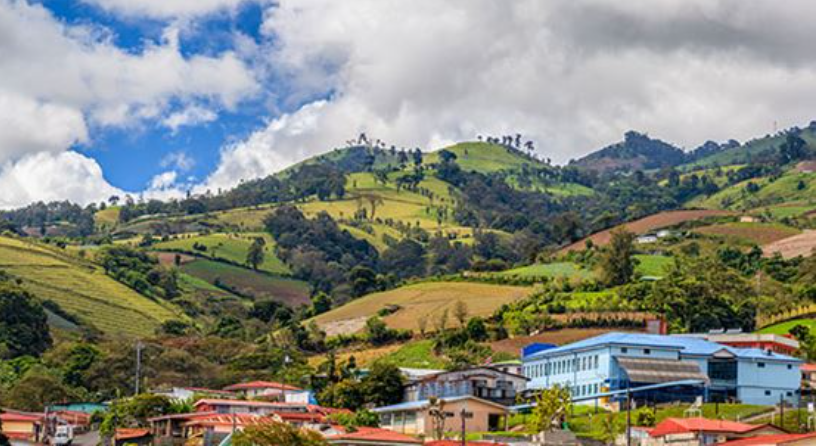
This unique approach has also supported Costa Rica's dedication to environmental conservation, with significant investments in sustainable tourism and biodiversity preservation—roughly 25% of its land is protected through national parks and reserves. Costa Rica’s commitment to redirecting resources toward social and environmental priorities has earned it a reputation as a global leader in peaceful governance and sustainable development.
4. Liechtenstein
In 1868, Liechtenstein made the strategic decision to abolish its military due to financial constraints and the security provided by neighbouring Switzerland and Austria. The country disbanded its army and has since maintained a neutral stance in global conflicts, depending on Switzerland for defence support if needed under mutual agreement.
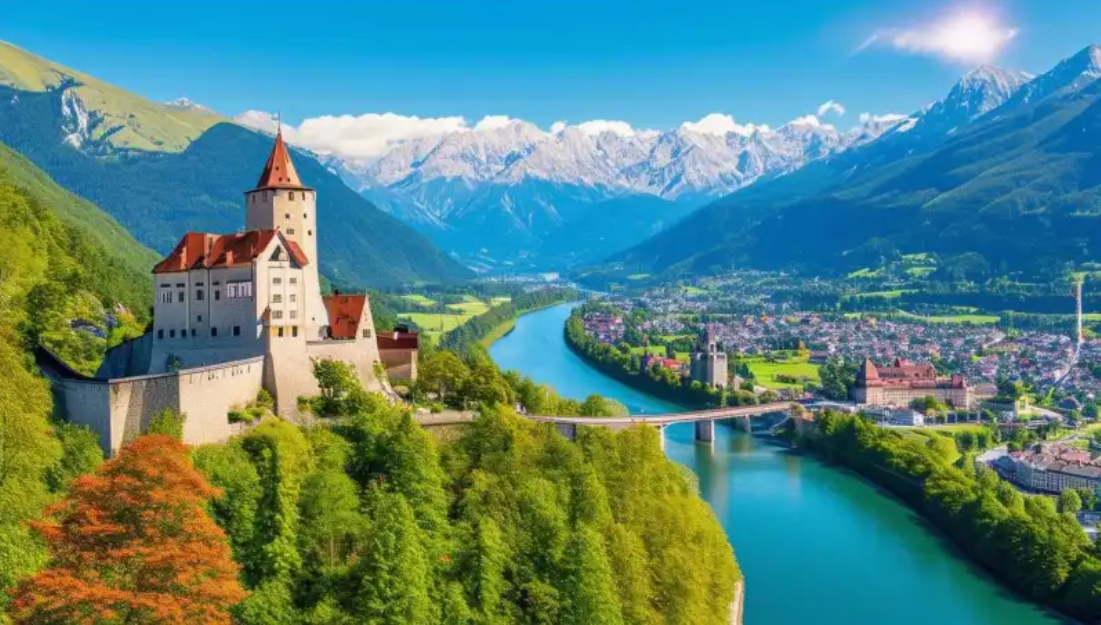
Instead of a military, Liechtenstein has a small police force to ensure internal security. This policy has allowed Liechtenstein to direct resources toward social development while upholding peace and neutrality, reinforced by its active membership in international organisations.
5. Monaco
Monaco is a peaceful and prosperous principality that relies on France for its defence, as outlined in the 1918 Franco-Monégasque Treaty. The country's strategic focus on luxury tourism, finance, and its neutral stance has enabled it to thrive without the need for a standing military. Monaco attracts high-net-worth residents from across the globe, drawn by its tax policies, financial services, and luxurious lifestyle.
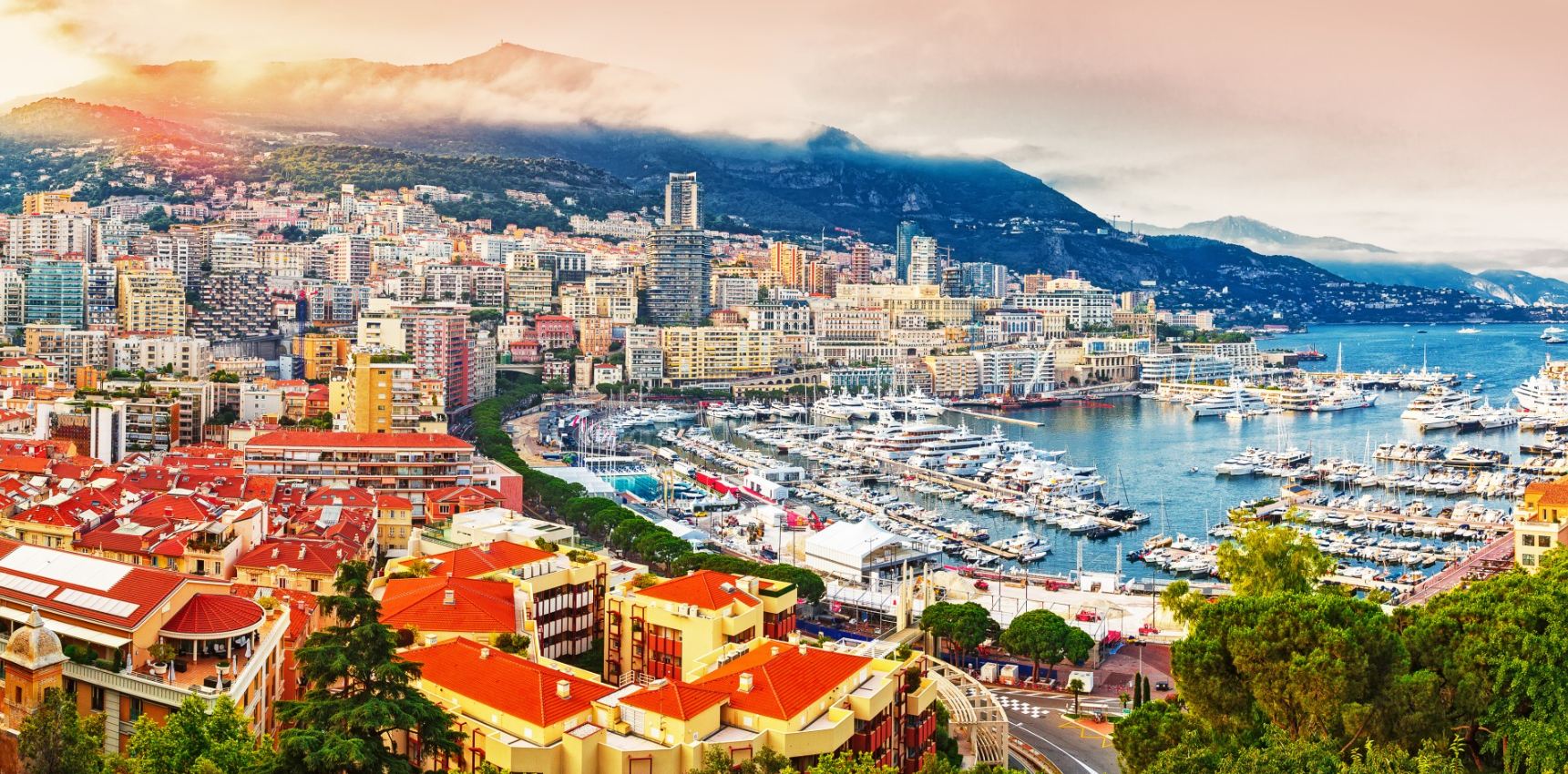
While Monaco has a small police force to ensure internal security and protect its royal family, the nation remains heavily dependent on France for defence, benefiting from the mutual protection agreement between the two countries. This unique setup has allowed Monaco to maintain its reputation as one of the safest and most exclusive places in the world.
6. Panama
In 1990, Panama abolished its standing military, transitioning to a more modern structure known as the Panama Public Forces. This new entity combines police, maritime, and air services, with a primary focus on maintaining internal security and protecting the country's borders. Although Panama no longer maintains an official army, it has a defence agreement with the United States, formalised under the Torrijos-Carter Treaties of 1977.
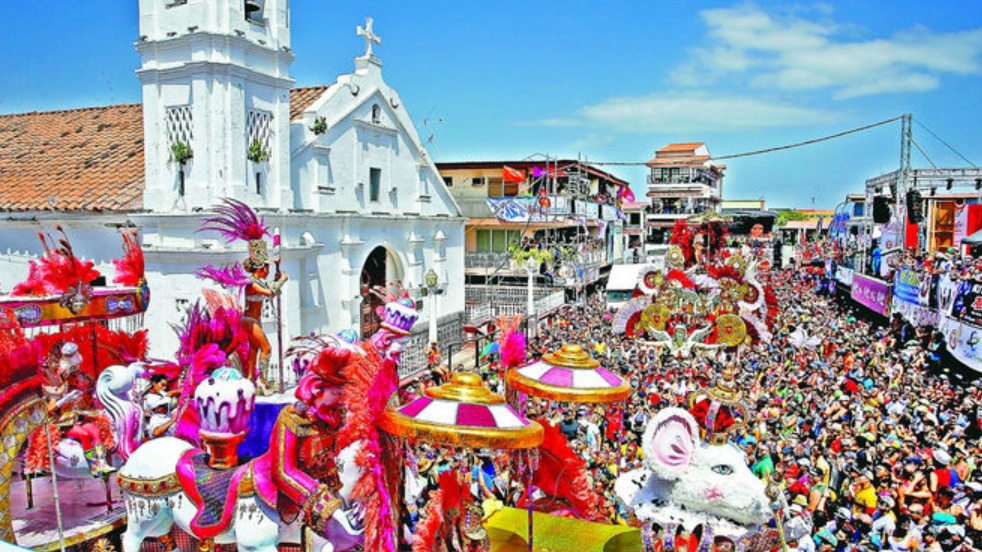
These treaties ensure that Panama remains protected in the event of external threats, while the country itself prioritises peace, security, and stability. The move to eliminate the military has allowed Panama to focus its resources on social development and economic growth, with particular emphasis on its key role as a global trade hub due to the Panama Canal.
7. Kiribati
Kiribati, a small island nation in the Pacific, has no standing military. Instead, it relies on mutual defence agreements, particularly with neighbouring countries like Australia and New Zealand, to safeguard its territories if the need arises. This strategic alliance helps the nation maintain security without the financial burden of a formal military force.
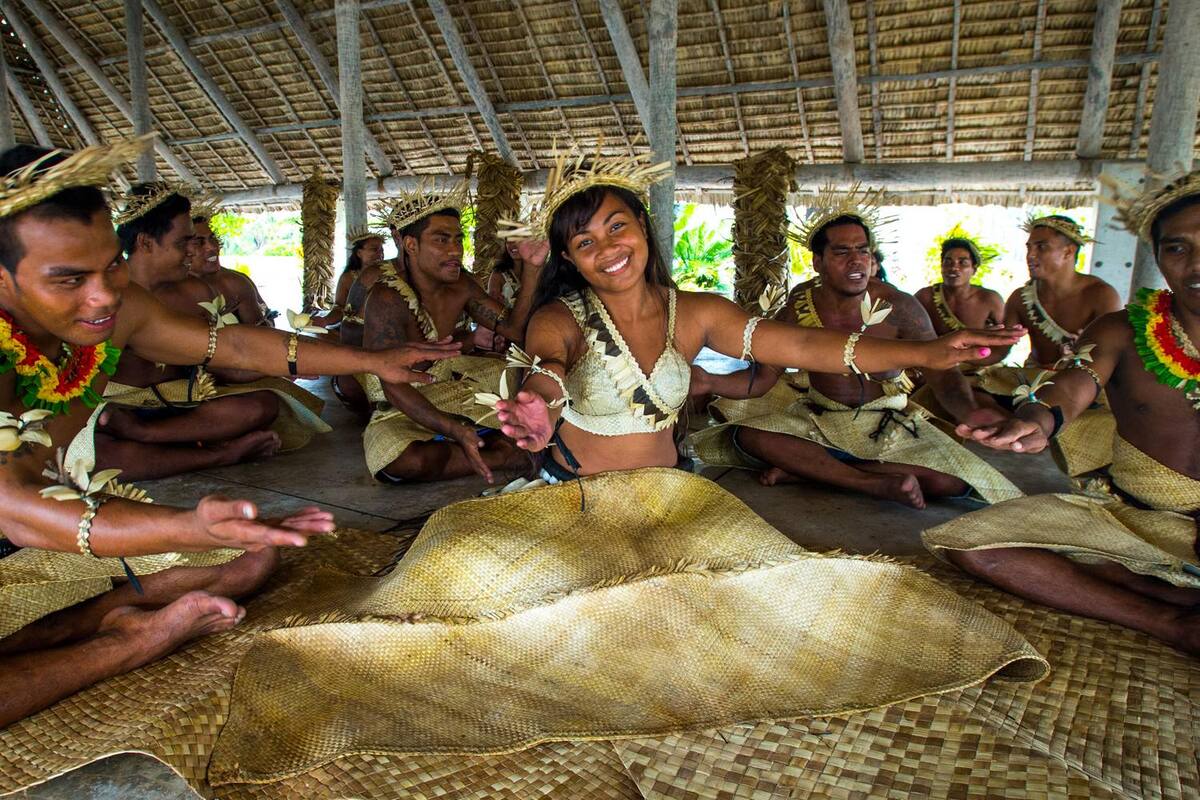
In recent developments, Kiribati has expressed concerns over global military tensions, including the Chinese nuclear-capable intercontinental ballistic missile (ICBM) test conducted on September 25. On November 10, the island nation issued a statement condemning the test, highlighting its vulnerability to global security risks despite its reliance on external defence pacts. This move underscores Kiribati’s commitment to advocating for peace and security in the Pacific region while balancing its limited military capacity.
8. Samoa
Samoa stands as a beacon of peaceful sovereignty in the Pacific, with no standing military, a testament to the enduring partnership established in 1962 with New Zealand following the island nation’s independence.
This unique agreement allows Samoa to allocate its resources more effectively towards the betterment of its people, focusing on crucial sectors like education, healthcare, and infrastructure. In a world where military spending often takes precedence, Samoa’s approach is a bold example of how nations can thrive by prioritising domestic welfare over defence.
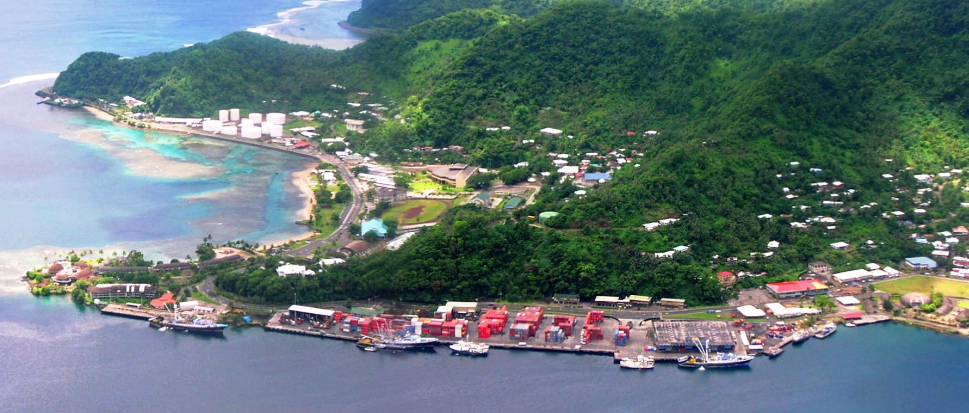
Yet, Samoa is far from passive. Recently, the island nation made waves in the sporting world, qualifying for the 2026 FIFA World Cup after an 18-year wait. The Samoan women’s football team triumphed over Fiji in the women’s Pacific Bowl, a moment that not only celebrates athletic prowess but also reflects the indomitable spirit of a country that, even without a military, continues to punch above its weight on the global stage.
9. Mauritius
Mauritius, an island nation in the Indian Ocean, made the significant decision to abolish its standing army shortly after gaining independence from Britain in 1968. Since then, the country has thrived as a stable parliamentary democracy, successfully maintaining peace and security despite the absence of a formal military force.
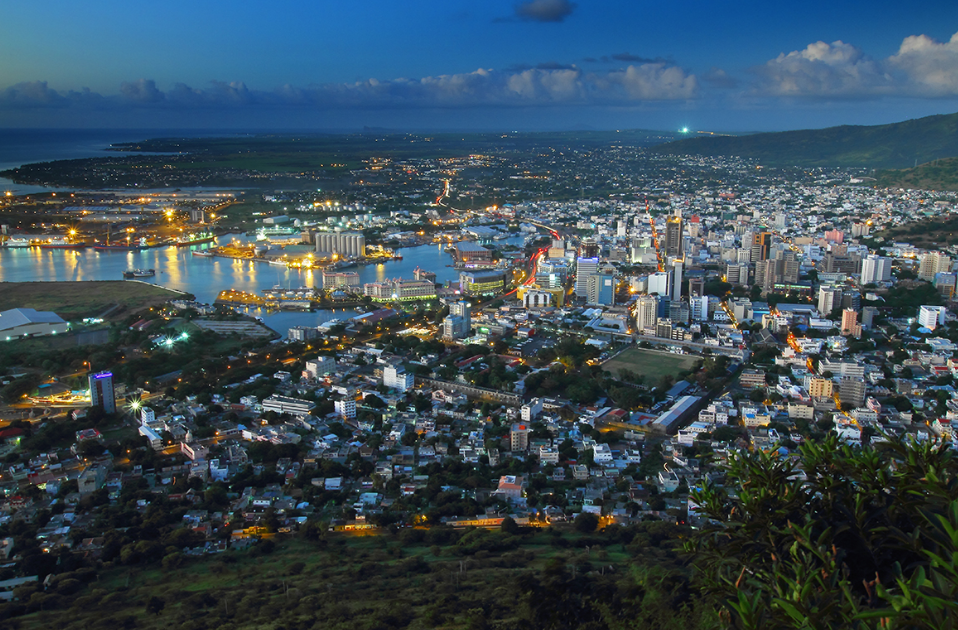
Instead of a standing army, Mauritius relies on its Special Mobile Force (SMF) and the National Police to manage both internal and external security concerns. This approach has enabled the country to focus its resources on development priorities, including education and healthcare, while maintaining robust democratic practices.
As Mauritius heads towards its 12th national election on November 10, 2024, it continues to be a prime example of a peaceful and democratic nation that places its trust in non-military forces for national security. However, the government has imposed a temporary social media ban until November 11, a day after the elections, likely as a precautionary measure to maintain order and prevent the spread of misinformation during the critical election period.
10. Palau
Palau has maintained its status without a military since gaining independence in 1994, instead relying on a Compact of Free Association with the United States, which ensures American protection in the event of a threat.

Following the re-election of Donald Trump on November 5, the country granted a second successive term to President Surangel Whipps Jr., reflecting continued political stability and ties with the U.S.
Read Full Story
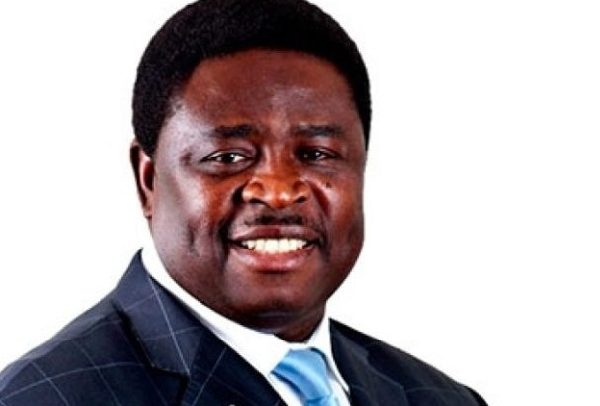

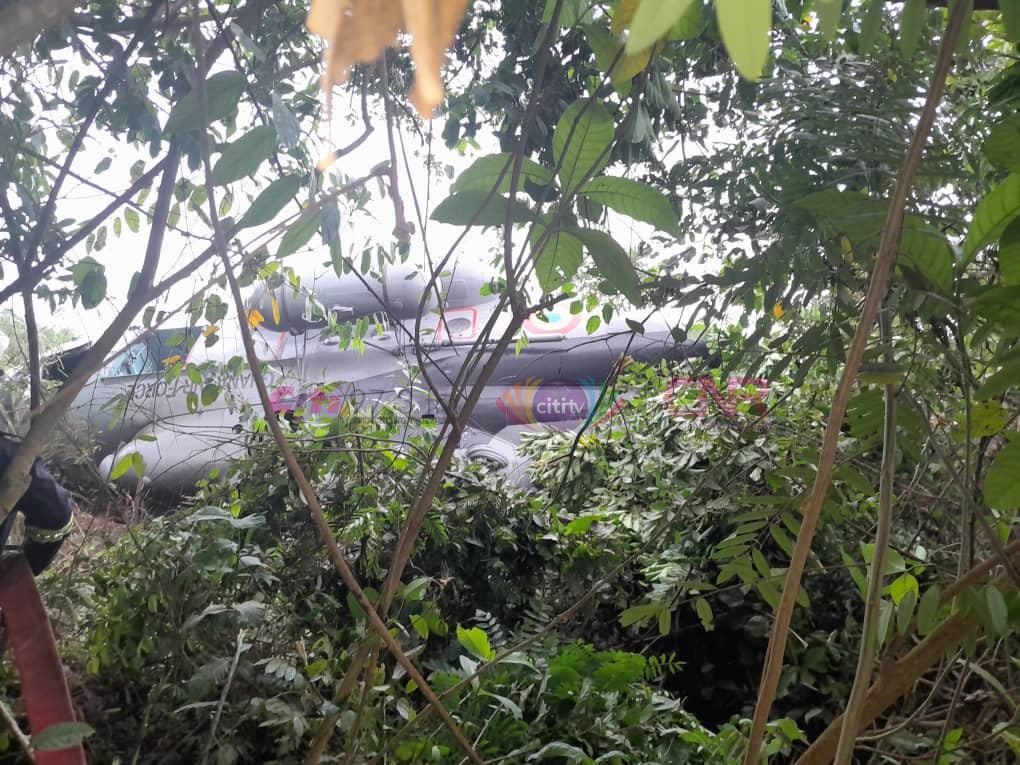
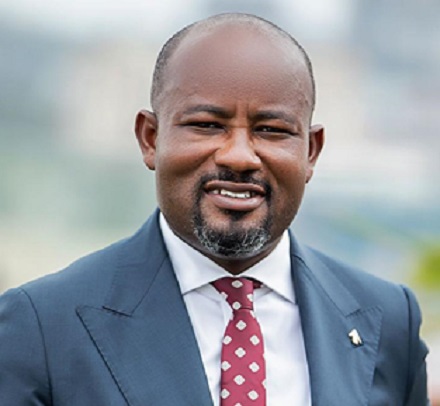
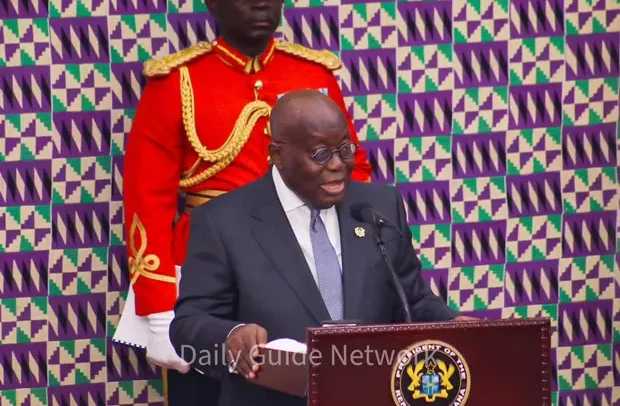
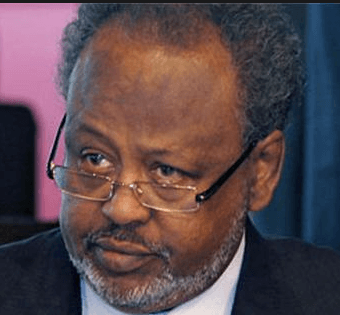




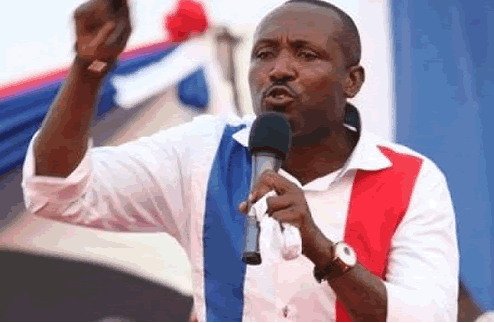







Facebook
Twitter
Pinterest
Instagram
Google+
YouTube
LinkedIn
RSS